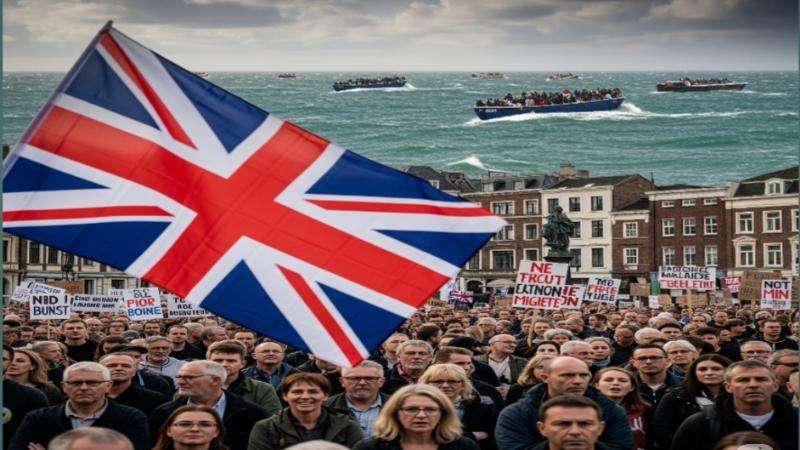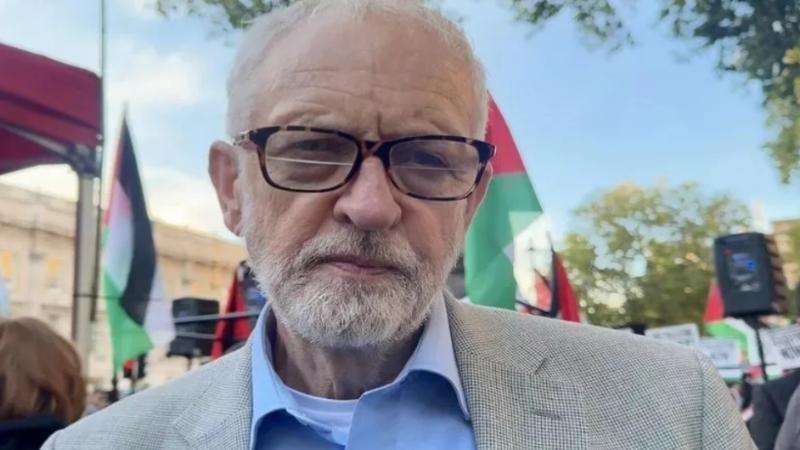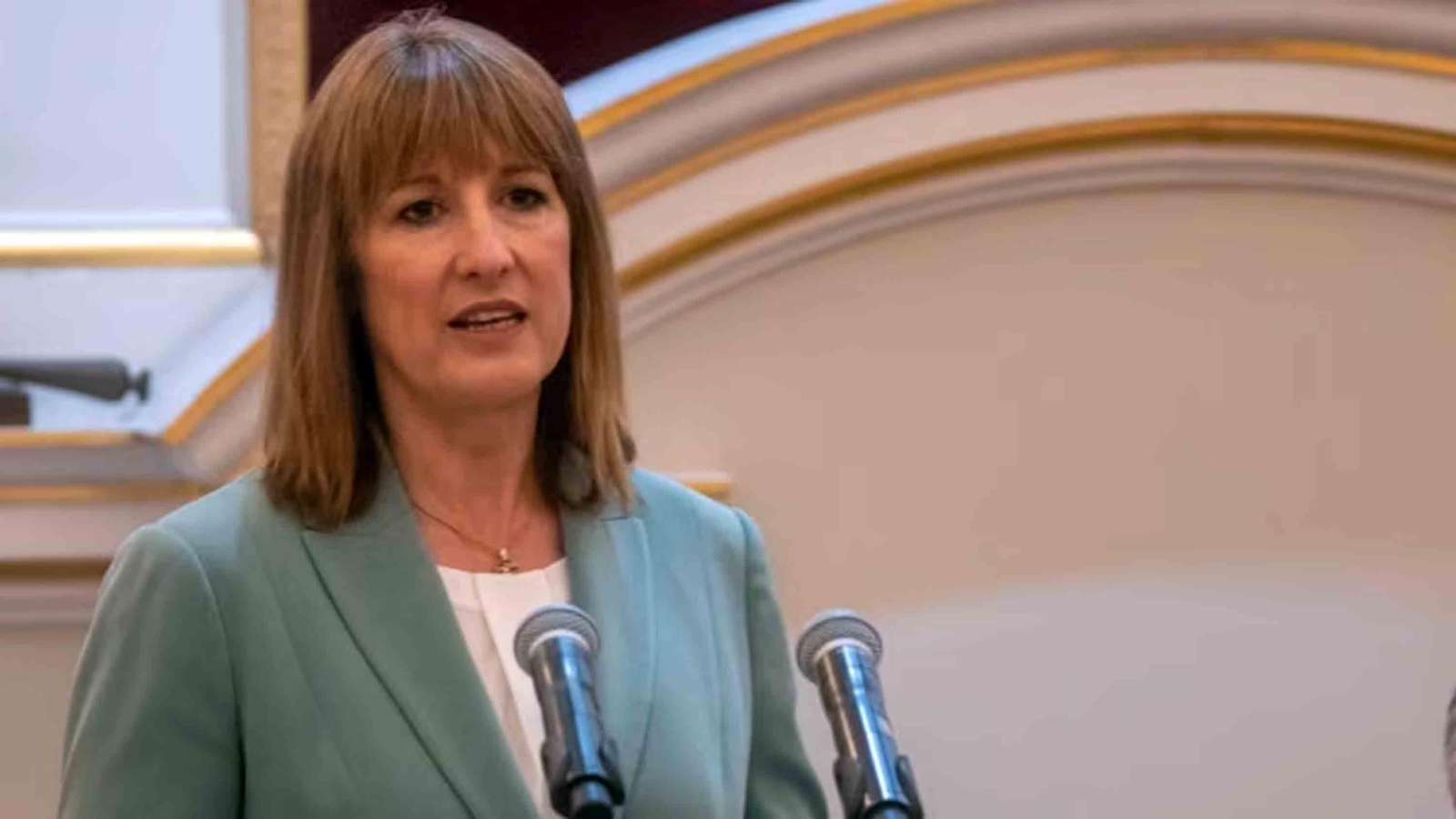A growing wave of anti-immigrant sentiment is sweeping across the continent, with Poland’s recent political and social turmoil offering a stark illustration of the escalating tensions. This backdrop of European anxiety provides a crucial context for understanding the increasingly volatile situation in the United Kingdom, where record numbers of migrants are crossing the English Channel and pushing the issue to the forefront of the political agenda.
In Poland, far-right groups and a vocal segment of the public have claimed the nation is being overwhelmed by "illegal" immigrants. These claims, some of which are based on unfounded allegations, have led to citizen patrols at the border and mass demonstrations. In one particularly chilling display of xenophobia, a Krakow MP, Konrad Berkowicz, went so far as to claim that "xenophobia is an important element of our national unity." The country’s government has responded by suspending the right to claim asylum in a bid to deter new arrivals and, in July, reinstated border controls with Germany and Lithuania. The move came amid accusations that Germany was "illegally returning" migrants to Poland, despite EU rules that allow for migrants to be sent back to their first point of entry.
This social and political unrest is occurring despite the fact that Poland has a far lower percentage of foreign-born residents (2.2%) than the UK (15.4%), according to a recent OECD report. For migrants like Somali refugee Elmi Abdi, the experience is one of being a "scapegoat" for the nation's problems, a sentiment that resonates with many facing a similar hostile climate.
The UK's Growing Channel Crisis and the Road Ahead
The situation in the UK has reached a critical point. More than 25,000 people have crossed the English Channel to the UK in small boats so far this year, marking the fastest pace of arrivals since records began in 2018. This dramatic increase is placing immense pressure on the new Labour government, which has vowed to "stop the boats" and "smash the gangs" responsible for the crossings.
The government's response has included the introduction of a new Border Security, Asylum and Immigration Bill, which expands law enforcement powers to tackle organised immigration crime and repeals some of the most controversial elements of the previous government’s Illegal Migration Act 2023 and the Safety of Rwanda Act 2024. While the Illegal Migration Act remains in force, its key provisions are yet to be fully implemented. The new bill, however, signals a fresh approach, giving police new powers to seize migrants' mobile phones and create "return hubs" in third countries. Yet, even as new legislation is introduced, protests outside hotels housing asylum seekers and heated rhetoric from opposition parties and figures like Nigel Farage continue to fuel anti-immigrant sentiment.
Looking to the future, the UK's immigration landscape is set to undergo a significant transformation. The government's May 2025 white paper, "Restoring control over the immigration system," outlines a new policy framework prioritizing "control, contribution, and community cohesion." The core of this new approach is a shift towards a higher-skilled, higher-salaried immigration system. This is being achieved through a number of new measures. The minimum salary for a Skilled Worker visa has been significantly increased, and the list of eligible occupations has been drastically shortened. The government has also ended the recruitment of overseas care workers and introduced stricter English language requirements. Furthermore, the standard qualifying period for permanent residency will increase from five to ten years. These changes, which are being implemented in stages throughout 2025, aim to sharply reduce net migration and prioritize graduate-level talent over low-skilled labor.
To effectively address the ongoing crisis, critics argue that the UK must move beyond a strategy of deterrence and embrace a more comprehensive approach. This could involve creating safe and legal routes for asylum seekers to reduce reliance on dangerous channel crossings, investing in better integration programs for new arrivals, and strengthening international cooperation with European partners to combat smuggling networks. Without such a multi-faceted approach, the UK risks being trapped in a cycle of reactive policies and social division, mirroring the broader anti-migrant fury now sweeping across Europe.








.svg)



